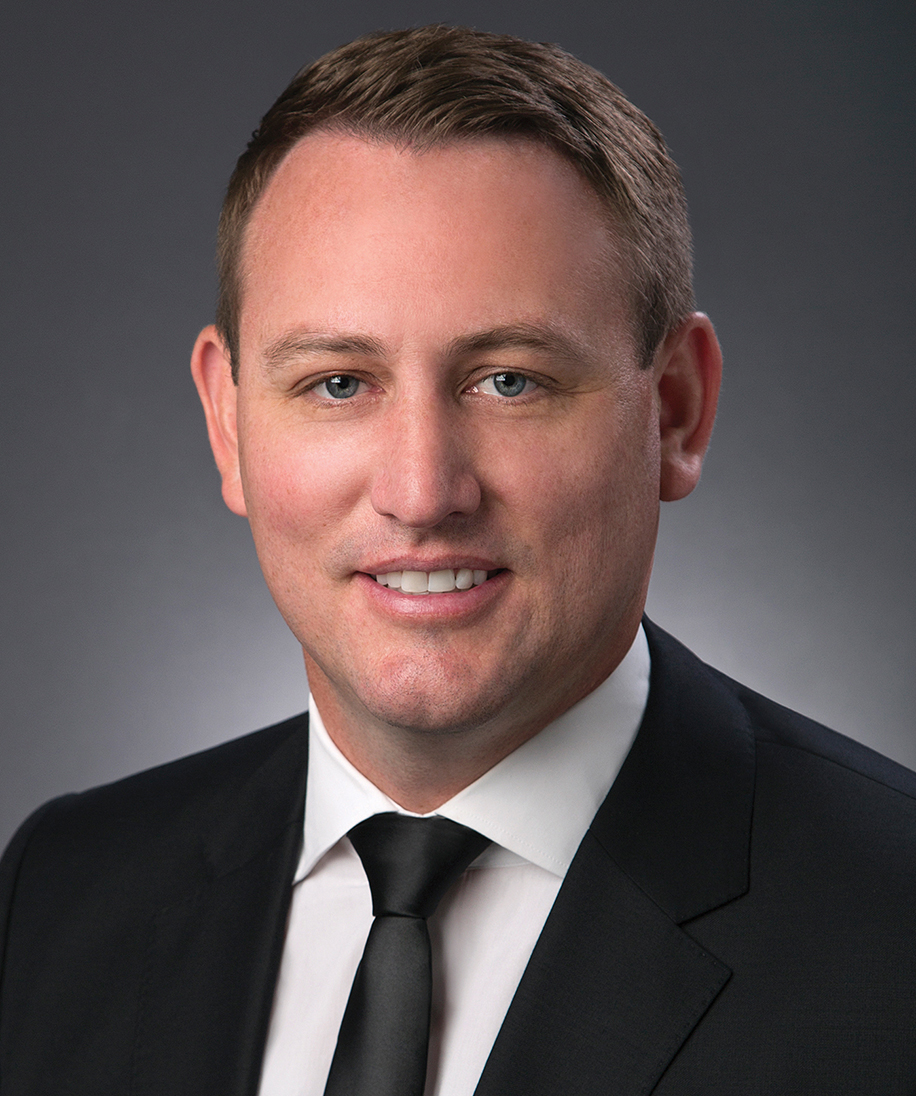Client Alert
New OIG Developments Provide Additional Avenues for Feedback and Compliance Guidance
May 09, 2023
By Jonathan Stevens,Dhara Satija
and Dennis A. Pangindian
In recent months, the Department of Health and Human Services, Office of Inspector General (“OIG” or “the agency”) announced two major developments in its effort to provide enhanced health care and life sciences industry guidance. First, OIG will be expanding the topics that it will provide feedback to in the form of informal frequently asked questions (“FAQs”). Second, OIG announced that it would be updating its current compliance program guidance and issuing new guidance in the form of a general compliance program guidance and industry-specific compliance program guidance.
New Topics for OIG FAQs
Historically, OIG offered FAQs to provide informal feedback on select topics such as advisory opinions, contractor self-disclosures, corporate integrity agreements, exclusions, and COVID-19 FAQs. In March of this year, OIG expanded the topics that it will consider for new FAQs to include the following:
- General questions regarding the federal Anti-Kickback Statute (“AKS”), the Beneficiary Inducements Civil Monetary Penalties (“CMP”), and OIG’s administrative enforcement authorities in connection with these statutes;
- Inquiries regarding the general application of the federal AKS and Beneficiary Inducements CMP to a type of arrangement that may implicate these statutes;
- Questions regarding general compliance considerations; and
- OIG’s Health Care Fraud Self-Disclosure Protocol.
OIG states, “[w]here appropriate and beneficial, OIG will issue informal, non-binding feedback in response to selected inquiries regarding the above-described topics in the form of an FAQ response.” These new FAQs provide individuals and entities another avenue to receive input and guidance from the agency. OIG invites questions to be submitted via email to OIGComplianceSuggestions@oig.hhs.gov, and asks for “sufficient background information and facts, as applicable, to allow for an understanding of the question.” OIG also notes that it may modify questions to ensure generality in any response. Consistent with all OIG FAQs, the informal feedback does not bind or obligate OIG, the Department of Justice, or any other agency, and answers published in FAQs do not confer prospective immunity from OIG administrative enforcement, as an advisory opinion might.
Upcoming OIG Compliance Program Guidance
In April, the agency announced that it would issue updates to its existing compliance program guidance (“CPG”) for the following: hospitals; home health agencies; clinical laboratories; third-party medical billing companies; the durable medical equipment, prosthetics, orthotics, and supply industry; hospices; Medicare Advantage (formerly known as Medicare+Choice) organizations; nursing facilities; ambulance suppliers; physicians; and pharmaceutical manufacturers.
Additionally, OIG will be publishing a general compliance program guidance (“GCPG”) that applies to all individuals and entities involved in the health care industry by the end of this year. The GCPG will address topics such as: federal fraud and abuse laws, compliance program basics, operating effective compliance programs, and OIG processes and resources.
Following the issuance of GCPG, OIG will begin publishing industry-specific compliance program guidance (“ICPG”) for different types of providers, suppliers, and other participants in health care industry subsectors or ancillary industry sectors relating to federal health care programs. It expects the first two ICPGs to be published next year, which will be focused on Medicare Advantage and nursing homes in the first instance.
Importantly, the agency noted, “[n]either OIG’s existing CPGs nor any forthcoming GCPG or ICPG constitutes a model compliance program. Rather, the goal of these documents has been, and will continue to be, to set forth a voluntary set of guidelines and identified risk areas that OIG believes individuals and entities engaged in the health care industry should consider when developing and implementing a new compliance program or evaluating an existing one.”
Conclusion
Hopefully, these developments signal further transparency and clarity with regard to OIG’s expectations when it comes to implementing an effective compliance program across industries and combatting fraud and abuse. Please contact the authors at Paul Hastings if you have questions about what these developments might mean for your business.
Contributors


Practice Areas
For More Information

